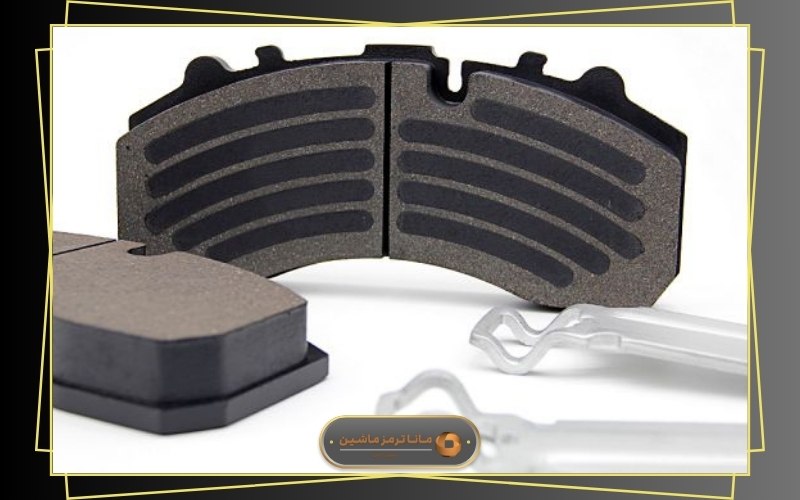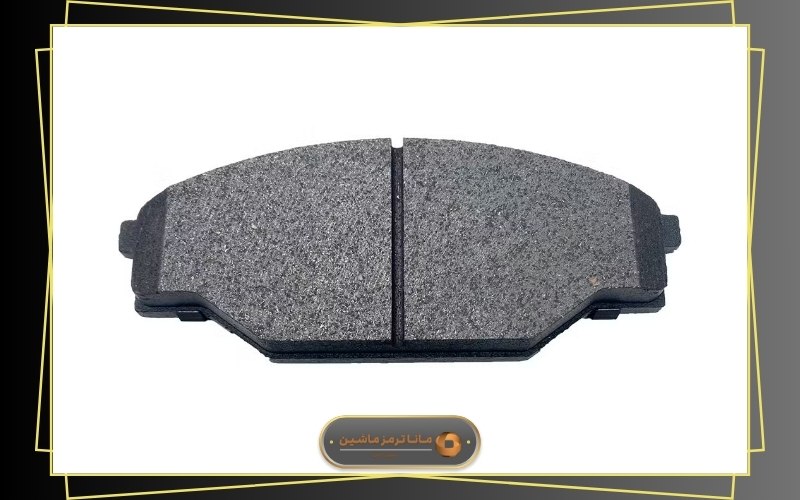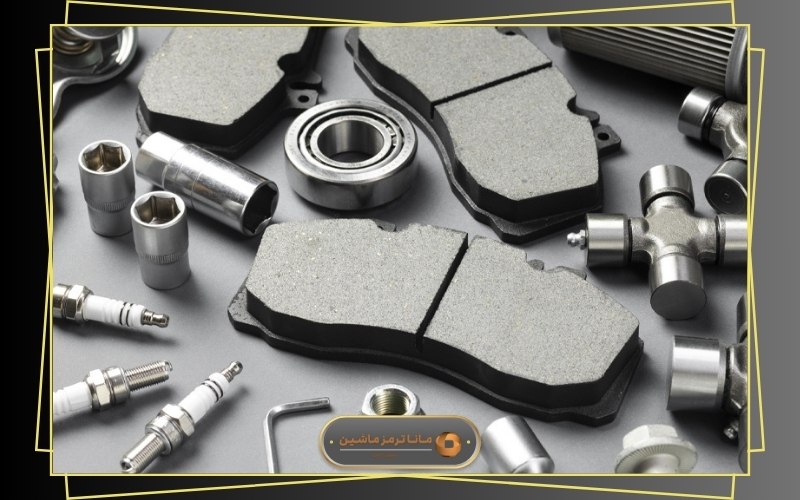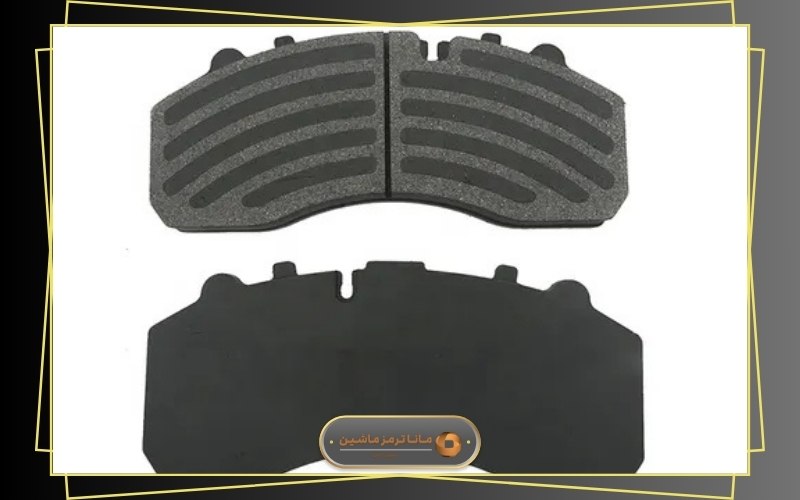In the automotive parts industry, one of the key products ensuring safety is the brake pad. Among various types, asbestos brake pads have long been regarded as a powerful choice for effective braking. Manufacturers of asbestos brake pads, leveraging specialized technologies and inexpensive raw materials, still operate in certain niche markets. Although many countries have banned the use of asbestos, demand persists in some regions—especially for older and heavy-duty vehicles.
Wholesale sales of asbestos brake pads remain a hidden but high-demand segment of the automotive spare parts market. Some manufacturers, particularly those operating in free trade zones or countries without legal restrictions, produce large quantities to meet market needs. Identifying these manufacturers is crucial for distribution companies and wholesale stores. This article provides a comprehensive review of asbestos brake pads, including their advantages, disadvantages, risks, prices, and wholesale purchasing methods.
What Are Asbestos Brake Pads and How Do They Differ from Non-Asbestos Pads?
In this article we read
ToggleAsbestos brake pads are made from a combination of fibrous asbestos (fire-resistant cotton) materials, prized for their high heat tolerance and long-standing use as a core component in brake pad production. These pads offer good braking performance at an affordable price, which led to their widespread use by many manufacturers for years.
In contrast, non-asbestos organic (NAO) brake pads are composed of materials such as glass fibers, Kevlar, resins, and natural substances that provide similar performance but pose fewer health and environmental hazards.
The main differences between these two types lie in health risks, service life, cost, and environmental impact. While asbestos pads tend to be cheaper and deliver strong braking for certain vehicles, they are highly carcinogenic and environmentally hazardous. Non-asbestos pads, though more expensive, represent a safer and more sustainable future. Asbestos brake pad manufacturers typically focus on supplying niche markets and exporting to countries without bans, especially selling wholesale to repair shops and traditional markets.
Asbestos in Brake Pads: Health Risks and Hazards
Asbestos is a mineral whose tiny particles, when inhaled, can remain in the lungs for years and lead to diseases such as asbestosis, mesothelioma, and lung cancer. One of the primary reasons many countries have banned asbestos brake pads is these serious health risks, especially for factory workers, mechanics, and even drivers.
When asbestos brake pads wear down during braking, fine asbestos particles are released into the air. Long-term inhalation of these particles is extremely dangerous. For this reason, many asbestos brake pad manufacturers operate in countries with less stringent regulations. Additionally, some wholesale sellers may be unaware of these hazards or, for economic reasons, prefer to distribute asbestos pads.
Industrial health experts strongly recommend that if working with asbestos brake pads is unavoidable, appropriate safety equipment such as industrial masks and proper ventilation should be used to minimize exposure.
Complete Comparison of Asbestos and Non-Asbestos Brake Pads: Which Is Better?
Comparing asbestos and non-asbestos brake pads involves several factors: safety, service life, high-temperature performance, vehicle compatibility, and price. Asbestos pads were once popular due to their high heat resistance and low cost, but with the awareness of their health risks, non-asbestos pads have largely replaced them.
Non-asbestos pads are much safer for health and have become mandatory in many new vehicle models. Although asbestos pads might offer quicker braking performance in heavy vehicles or special conditions, their risks have limited their use to niche markets and restricted wholesale sales.
Ultimately, while both types of pads can perform adequately, non-asbestos brake pads are superior in terms of human safety and environmental impact. When choosing between the two, asbestos-related hazards must be taken seriously, and asbestos-containing products should only be used when absolutely necessary.
Introduction to the Best Asbestos Brake Pad Manufacturers in Iran
In the Iranian market, only a few reputable manufacturers still produce asbestos brake pads, among which Mana tormoz is a well-known brand. With years of experience in industrial brake pad production, this company offers a diverse range of products for heavy and semi-heavy vehicles that continue to enjoy high demand in specific markets.
Mana tormoz has secured a significant share of the wholesale asbestos brake pad market by adhering to industrial standards and responding to market needs. This brand is especially trusted by spare parts distributors and specialized stores.
Although Mana tormoz also produces non-asbestos brake pads, a substantial portion of its production still involves asbestos for particular vehicles. The brand is recognized both domestically and in export markets.
Price of Asbestos Brake Pads in the Iranian Market
The price of asbestos brake pads in Iran depends on several factors, including the type of vehicle (passenger or heavy-duty), manufacturer brand, asbestos purity level, and packaging and distribution methods. Typically, asbestos brake pad manufacturers offer more competitive pricing to attract bulk buyers, as wholesale demand remains strong—especially in industrial or remote areas where access to modern brake pads is limited.
Currently, asbestos pads generally cost less than non-asbestos alternatives, but additional expenses such as shipping, taxes, and customs fees (for imported pads) may increase the final price. Wholesale sellers tend to seek products that combine affordability with durability, making brands like Mana tormoz popular due to their reasonable prices and consistent quality.
Ultimately, although asbestos brake pads may seem financially attractive, buyers should consider the health risks involved and use protective equipment during installation and maintenance whenever possible.
Is Asbestos Brake Pad Use Still Common? Review of Laws and Bans
In many developed countries, the use of asbestos in brake pad manufacturing is completely banned. International health organizations, including the WHO, have warned that even minimal exposure to asbestos can lead to serious diseases. However, in some countries (including certain regions in Iran), the use of asbestos brake pads is not yet fully prohibited, and their production and wholesale sales continue in practice.
Asbestos brake pad manufacturers operating under these legal conditions comply with domestic standards. Many of these products are produced mainly for export to countries with less stringent regulations on asbestos use.
In Iran, there is no explicit, comprehensive law banning asbestos brake pads, but the market trend is gradually shifting toward non-asbestos pads. Nevertheless, some consumers still prefer asbestos pads due to their lower cost or higher braking power in specific conditions.
Where to Buy Asbestos Brake Pads?
If you intend to purchase asbestos brake pads, it is best to buy from official representatives of reputable manufacturers to ensure product quality and authenticity. Many bulk buyers avoid counterfeit or low-quality products by purchasing only through trusted channels.
Brands like Mana tormoz have active representatives and reliable sellers offering both in-person and online purchase options. Additionally, some online stores specialize in wholesale asbestos brake pads and provide bulk orders with special discounts.
Be aware that buying from unreliable sources carries significant risks, as some unscrupulous sellers may offer recycled or expired pads repackaged as new. Always check serial numbers, production dates, and certification marks when purchasing. Ultimately, buying from a reputable manufacturer guarantees product quality and safety.
Frequently Asked Questions About Asbestos Brake Pads
- Are asbestos brake pads dangerous?
Yes, because asbestos is a carcinogenic material, and inhaling its particles can cause serious lung diseases. - Is it still legal to use asbestos brake pads?
It is banned in many countries, but in Iran, they are still used in some areas, especially for heavy and older vehicles. - Can asbestos brake pads be purchased wholesale?
Yes, some manufacturers like Mana tormoz are still actively involved in wholesale sales of asbestos brake pads. - What is the difference between asbestos and non-asbestos brake pads?
The main differences are in their materials, health risks, price, and heat resistance. - Can all vehicles use asbestos brake pads?
No, newer vehicles are generally designed to require non-asbestos brake pads.
Why Do Some Manufacturers Still Use Asbestos in Brake Pads?
Although asbestos carries health risks, several reasons explain why some manufacturers continue using it:
- Asbestos is cheaper compared to alternative materials, making it attractive in countries with less strict regulations.
- Some professional customers, such as heavy vehicle mechanics, believe asbestos pads provide stronger braking at high temperatures. This maintains a niche market, especially for wholesale to specialized workshops, industrial areas, and military or mining vehicles.
- Some older production lines are based on asbestos pad technology, and upgrading them requires significant investment. Producing in smaller volumes but with decent profits is another reason these manufacturers persist.
Are Asbestos Brake Pads More Suitable for Heavy Vehicles?
Due to their high heat tolerance and strong friction, asbestos brake pads were historically popular for heavy vehicles like trucks, trailers, and buses. These vehicles require frequent, continuous braking on long, steep routes, making heat-resistant pads preferable.
Some asbestos brake pad manufacturers still focus on supplying industrial and heavy vehicles, offering wholesale products to transport companies and mining operations. However, with technological advances, non-asbestos pads have been specially designed for heavy vehicles and provide satisfactory performance.
While asbestos pads perform well under harsh conditions, health risks make it advisable to switch to modern, safer options whenever possible. Newer pads not only protect health but also last longer and produce less noise.




